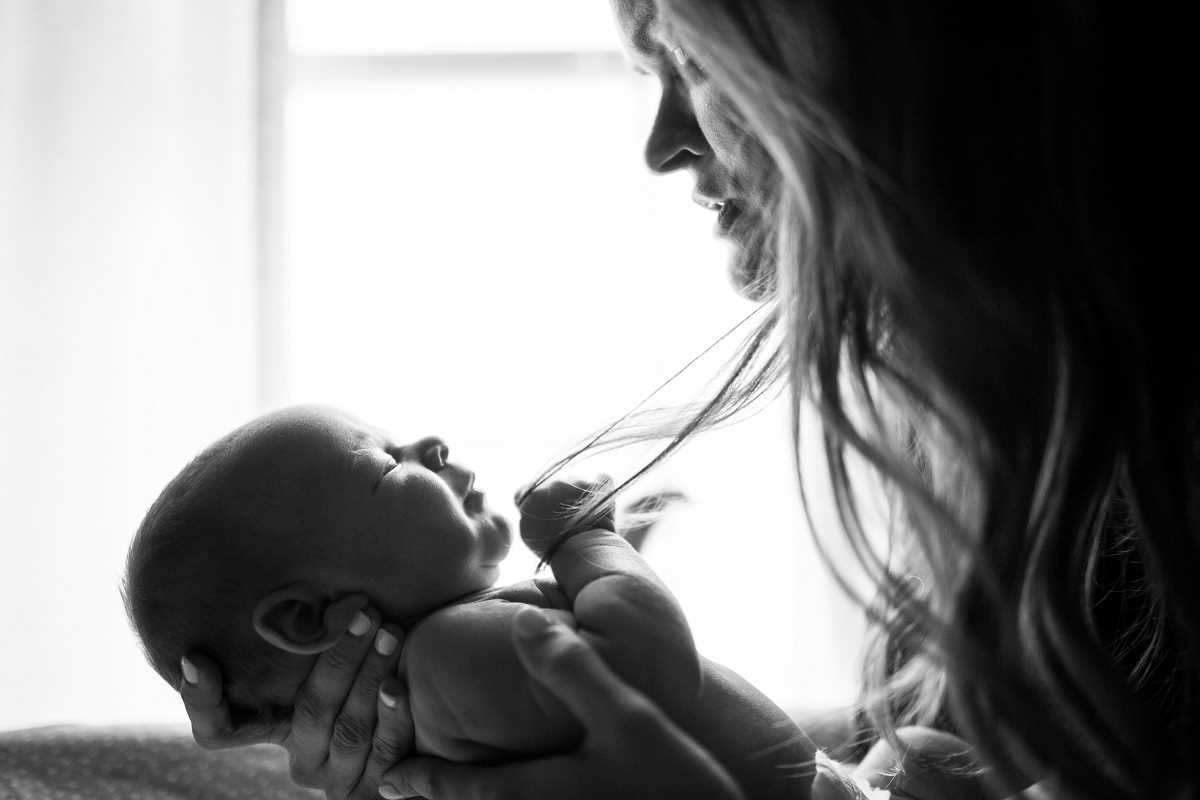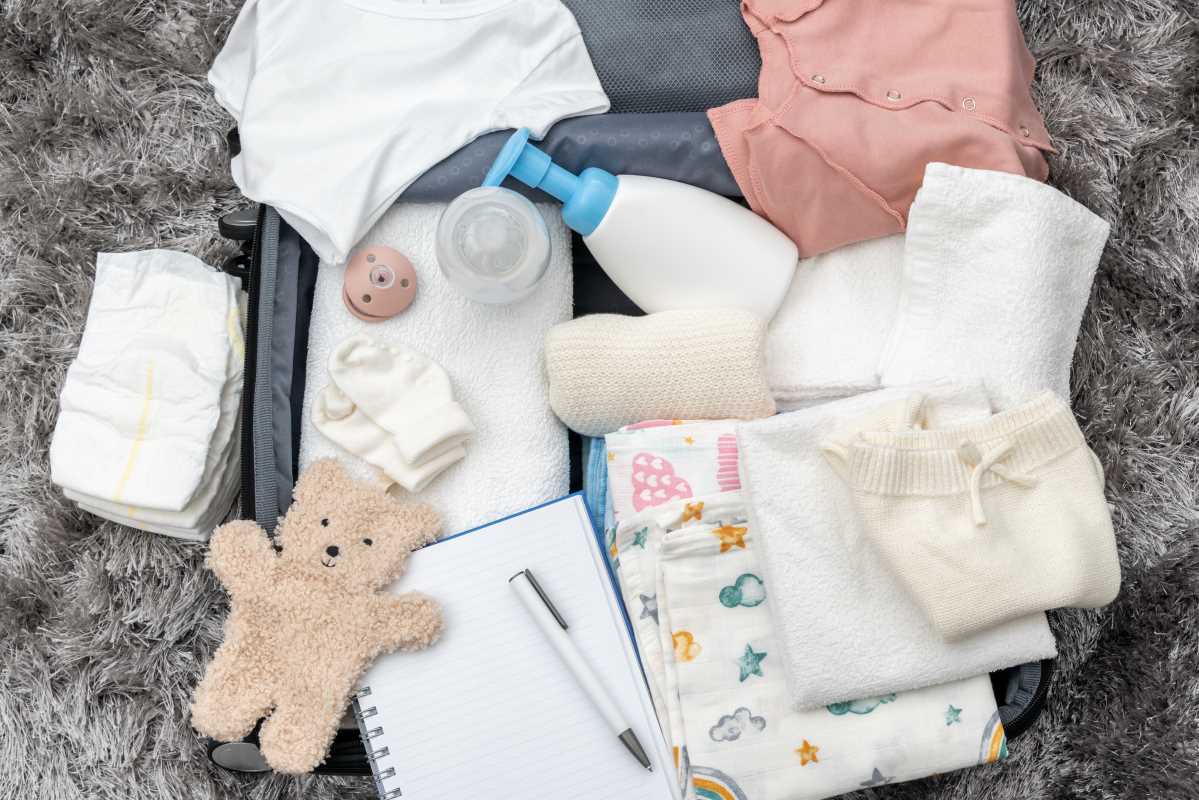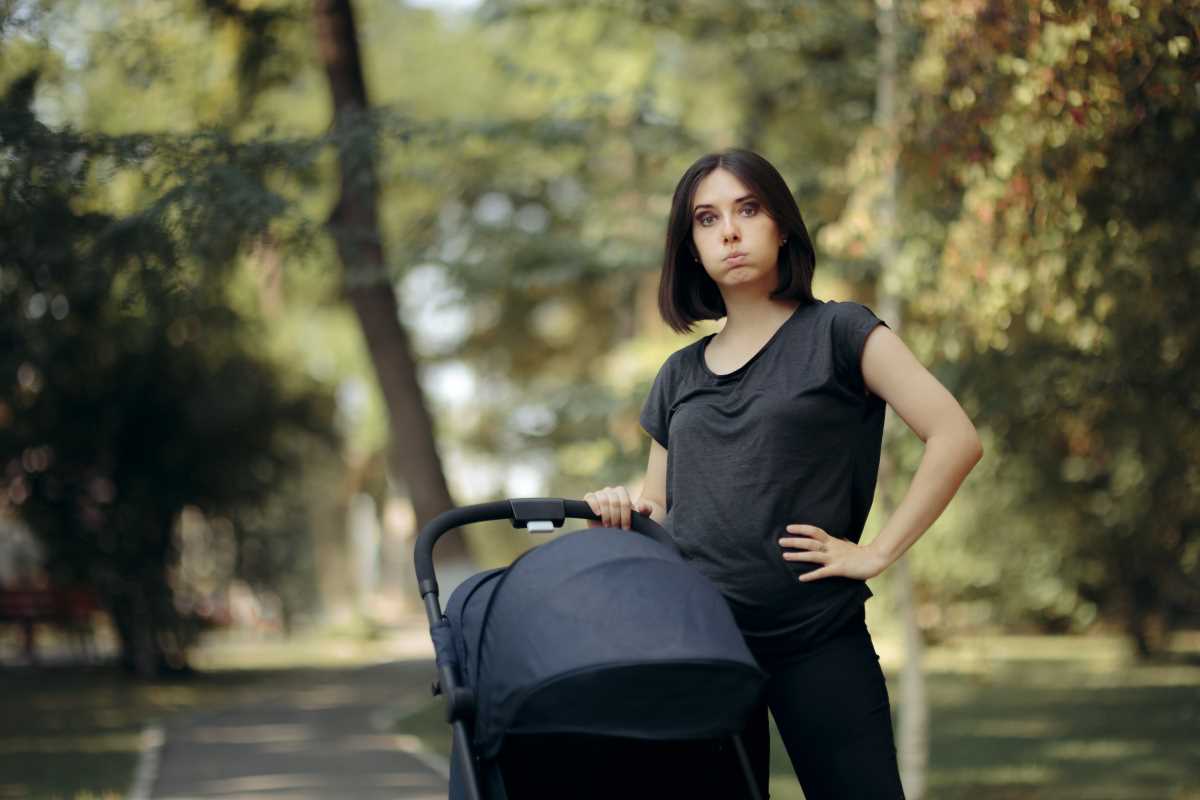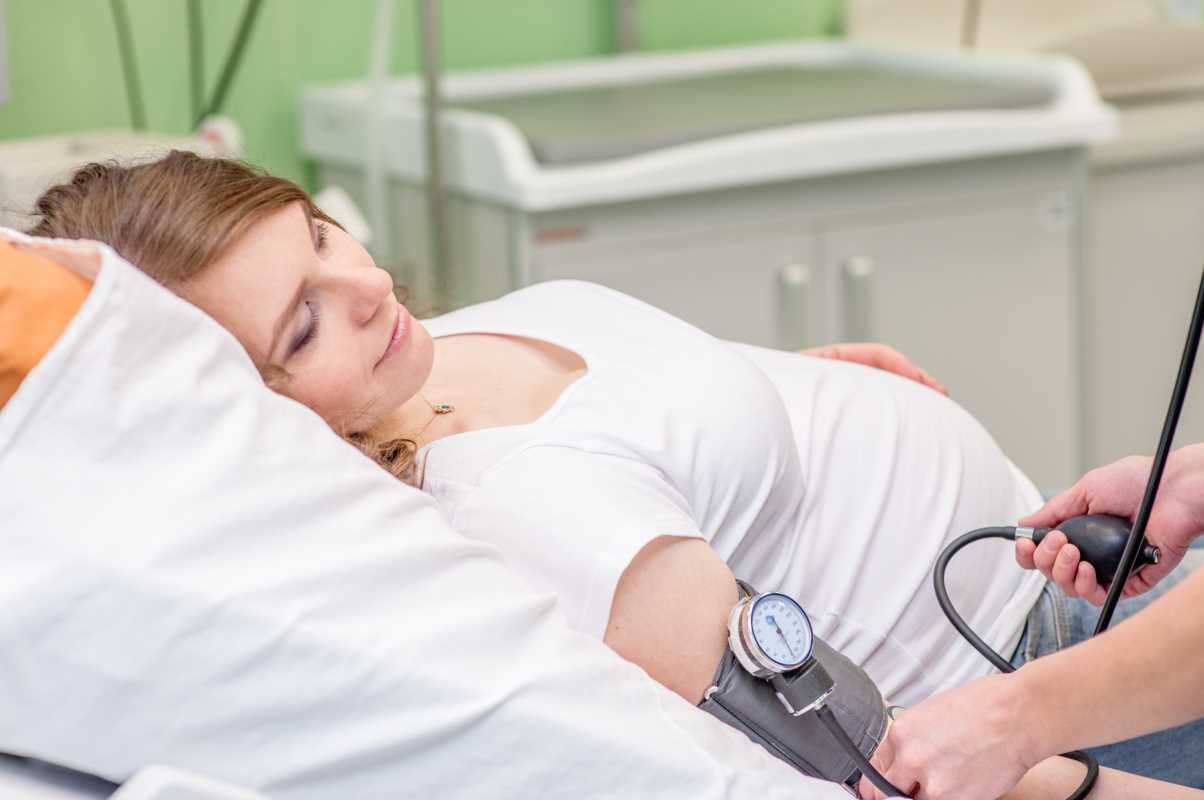Pregnancy is undoubtedly a crucial period where a woman must be extra cautious about what she consumes. While some foods are beneficial for the well-being of both the mother and the baby, there are certain foods that should be avoided during pregnancy to prevent any potential harm. Here are some key foods that pregnant women should steer clear of to ensure a healthy pregnancy journey.
Raw or Undercooked Meat
It is essential to avoid consuming raw or undercooked meat during pregnancy, as it may contain harmful bacteria such as Salmonella, E.Coli, or Listeria. These bacteria can lead to foodborne illnesses that could pose risks to both the mother and the fetus. It is important to ensure that all meat is properly cooked to eliminate any potential health hazards.
Unpasteurized Dairy Products
Pregnant women should also avoid unpasteurized dairy products, including soft cheeses like Brie, Camembert, feta, and blue-veined cheeses. Unpasteurized dairy products can contain Listeria, a bacteria that can result in miscarriage, premature delivery, or severe illness in newborns. Opt for pasteurized dairy products to reduce the risk of exposure to harmful bacteria.
Fish High in Mercury
While fish is a great source of essential nutrients like omega-3 fatty acids, pregnant women should be mindful of the types of fish they consume. Fish with high mercury levels, such as shark, swordfish, king mackerel, and tilefish, should be avoided during pregnancy. High mercury intake can harm the baby's developing nervous system. Instead, choose low-mercury options like salmon, shrimp, and catfish.
Raw Eggs
Raw or undercooked eggs should be avoided during pregnancy due to the risk of Salmonella contamination. This means steering clear of foods like homemade Caesar salad dressing, mayonnaise, and raw cookie dough. Opt for pasteurized egg products when cooking or baking to reduce the risk of foodborne illnesses.
Caffeine
While a moderate amount of caffeine is considered safe during pregnancy, excessive consumption should be avoided. High levels of caffeine can increase the risk of miscarriage and low birth weight. It is advisable to limit caffeine intake to 200mg per day, equivalent to about one 12-ounce cup of coffee. Be mindful of other sources of caffeine in your diet, such as tea, soda, and chocolate.
Processed Junk Food
Processed junk food, high in added sugars, unhealthy fats, and preservatives, should be limited during pregnancy. These foods offer little to no nutritional value and can contribute to excessive weight gain and other health issues. Instead, focus on consuming a well-balanced diet rich in fruits, vegetables, whole grains, lean proteins, and healthy fats to support the growth and development of the baby.
Alcohol
It goes without saying that alcohol consumption should be completely avoided during pregnancy. Maternal alcohol intake can lead to a range of birth defects, developmental disabilities, and behavioral issues in the child known as Fetal Alcohol Spectrum Disorders. To ensure the health and well-being of the baby, it is best to abstain from alcohol entirely throughout the pregnancy journey.
In conclusion, being mindful of what you eat during pregnancy is crucial for the health and development of both the mother and the baby. By avoiding certain foods that pose potential risks, you can ensure a safe and healthy pregnancy. Consult with your healthcare provider for personalized dietary recommendations and guidance throughout your pregnancy journey.
Featured image Prostock-studio
 (Image via
(Image via




